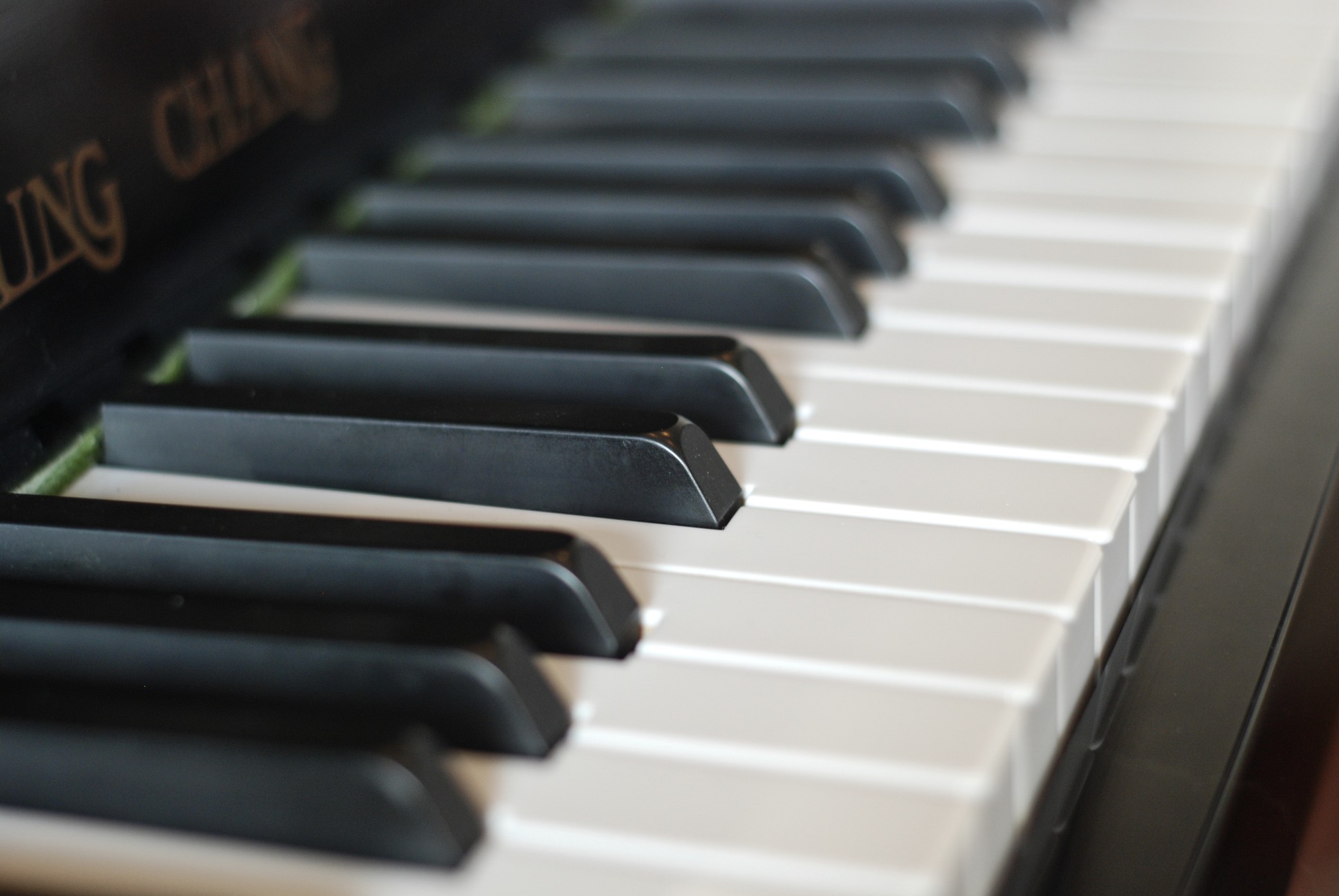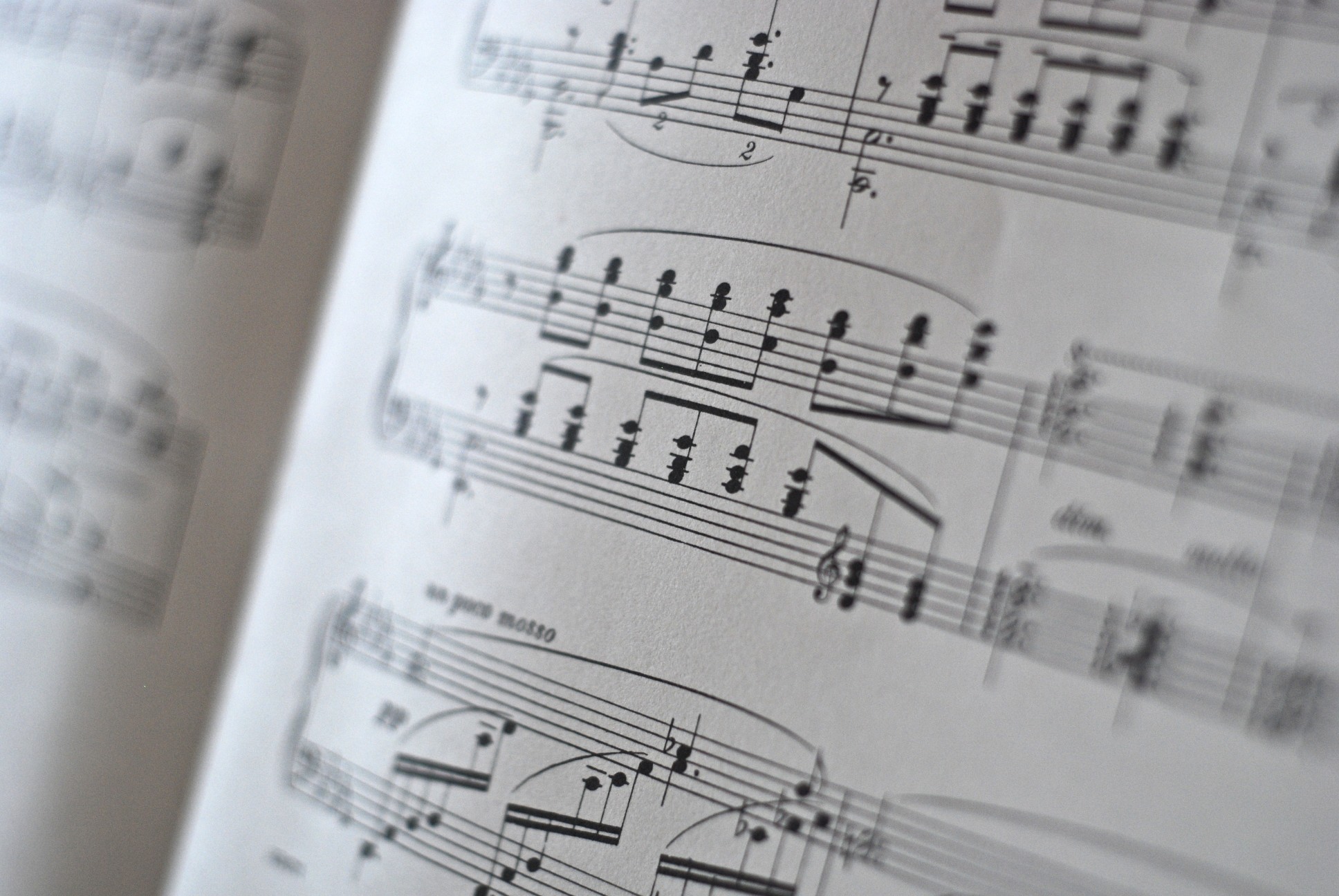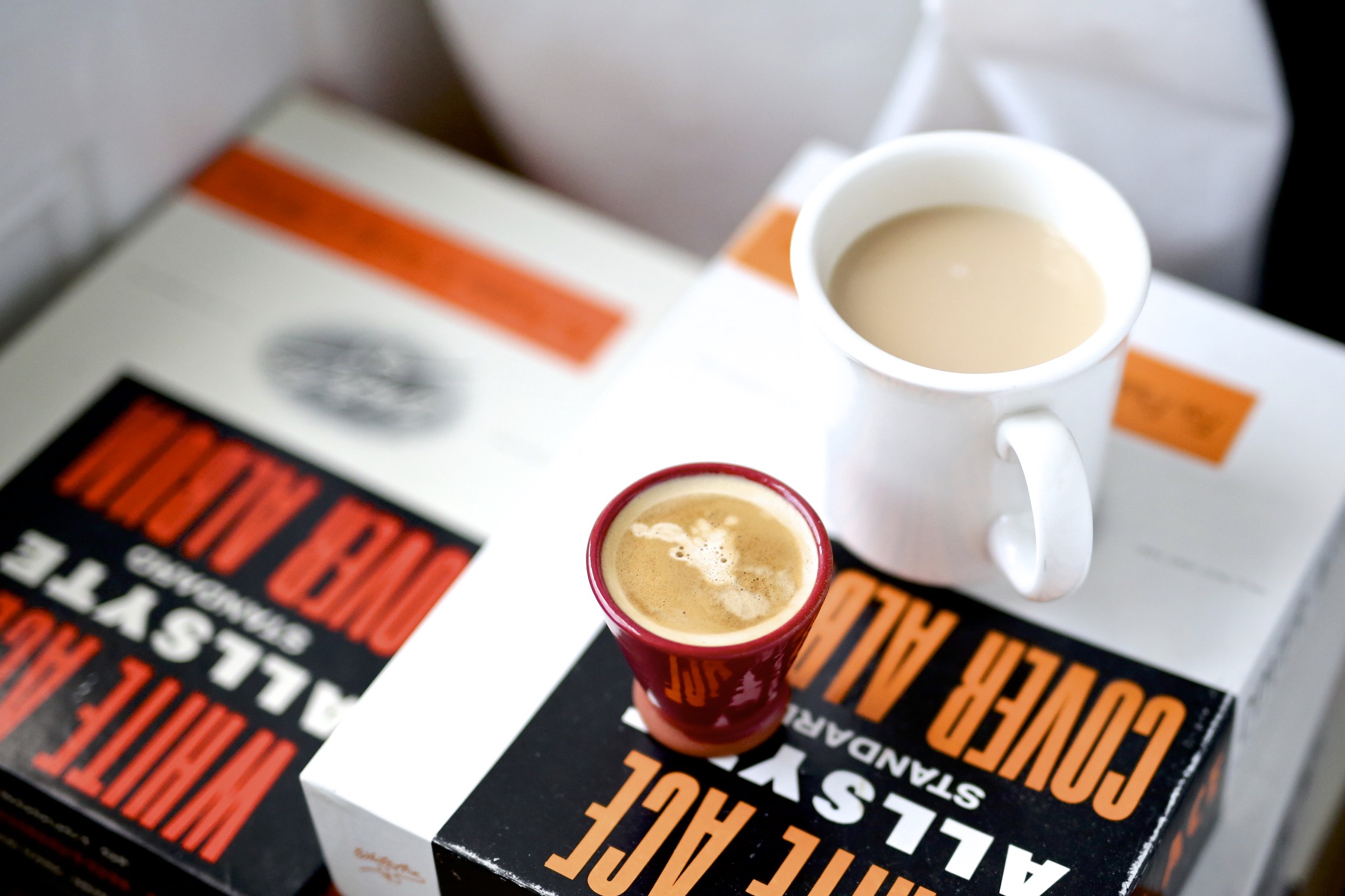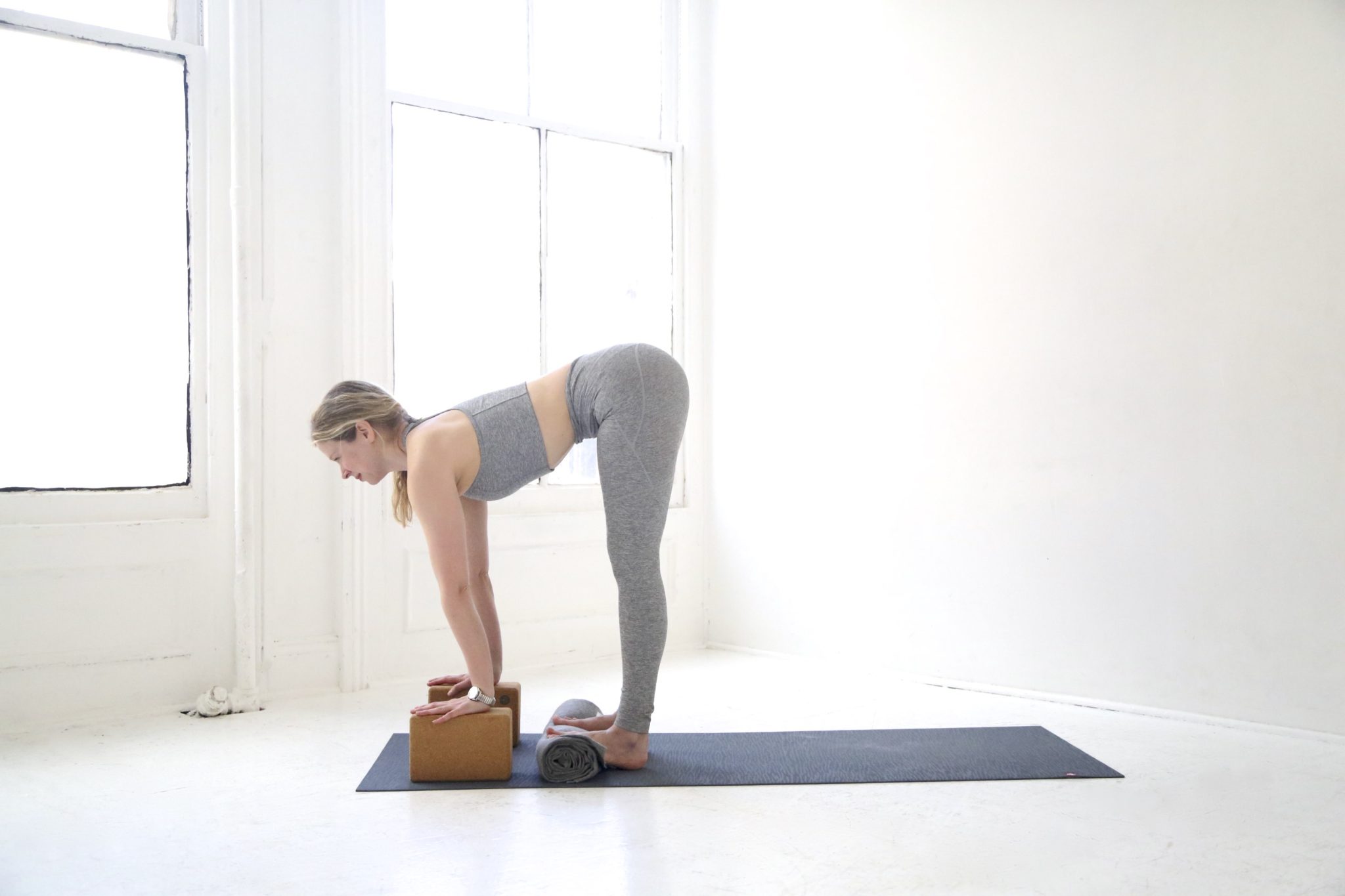One day, a few months ago, I was sitting at my desk minding my own business when the phone rang. It was my beloved. As usual, he cut right to the chase: “Babe, come downstairs and help me unload the van.”
This is how Billy operates – no details, no backstory, no explanation. He engages people by forcing them to ask obvious questions like “Why are you driving a van?” and “What’s in the van that needs unloading?” This is especially true when he has a surprise up his sleeves, and after all these years I’ve learned not to steal his happiness with questions. Upon my arrival at the van, I caught a glimpse of his mischievous smile and my suspicions were confirmed: whatever was inside that van was meant for me. God help me. Knowing my part in the script, I prompted him right on cue: “Do I want to know what’s inside?” He tried to contain his enthusiasm by reciting the line he had undoubtedly waited days to say: “Why don’t you open it up and see.”
I pulled open the door to find a beautiful black upright piano.
I have wanted a piano for as long as I can remember. I used to play religiously from the age of eight until my senior year in high school. I balanced my piano lessons with dance, art, voice, and musical theatre, so it’s fair to say that my young life was full of opportunities to practice. Unlike my other artistic pursuits, where rehearsals were led, sculpted, and supervised by a teacher, the piano was something I mostly practiced at home by myself. The nature of my practice—the quantity, the potency, and the effort—was up to me. I learned how to overcome obstacles on my own by systematically returning again and again to the task at hand. No matter what I had going on in my life, I had to motivate myself to sit down at the piano—to show up—and commit to the work.
Back at the van, I climbed inside to play and it all came rushing back. Touching the keys felt like coming home. Neighbors walked by and yelled, “Chrissy! You play the piano!” (Surprisingly, no one yelled “Chrissy, what are you doing playing a piano inside a van?”) I now play the piano for almost an hour every day. I usually start each morning by sitting down to play, but I find myself gravitating to the piano when I need to think, or when I’m feeling frustrated or upset, or if I need space to relax. It has given me the means to express myself to myself.
Playing the piano has given me a greater awareness of the concept Patanjali refers to as samyama—the seamless process of dharana, dhyana, and samadhi. Dharana is effortful concentration. In dharana, I have to continuously direct my attention to the practice. I’m acutely aware of the many distractions between me and the music: Ellie invites me to play tug of war by dropping her toys on the bench where I sit; my cell phone is buzzing somewhere off in the distance; my lofty list of things to do is looming overhead. In these moments I feel the urge to just get up and walk away—to seek comfort by indulging in the distractions.
Even the music, itself, provides its own distraction in how it challenges me to stay focused on where I am. Sometimes I get greedy and attach blindly to the goal of finishing or perfecting a piece of music. I’m learning that this is a trap. I’m so hellbent on “getting there” that I start to look for shortcuts. I’m tempted to plow awkwardly through a challenging stanza so I don’t have to endure the painstaking process of understanding the notes. This never works. If I deny where I am, I suffer, and I inevitably circle back and end up right where I started. I’m literally forced to commit, again, to the practice.







Amazing story, ironically I teach it from a different aspect especially to weight loss group but also in yoga classes.
I ask how many play or have family members play an instrument. I then relate to them the first couple of lessons (chaos) finally that first simple song and the Music Man moment (Davey that’s my Davey playing) but then focus down the road where the changes aren’t that obvious, where maybe the ego isn’t happy because we aren’t immediately superstars.
That’s when. I remind them to look back where they started from and be grateful
I can’t help but love this post. I have vivid memories of practicing the piano too but mine were filled with dread. I admire your diligence and willingness to practice! Something I need to be reminded to work on. 🙂
Chrissy- I just got done reading your ‘Fearless Feast’ article in the November issue of Yoga Journal. It was such a great article thatI found myself high-lighting every other line. So I decided to check out your website. The story regarding the piano is just ironic since I just sent my husband a link of a piano I found on craigslist an hour ago (hopefully, I can help him unload a van soon). You are a fantastic writer and I look forward to reading more!
Hi Chrissy,
I love this concept and I love your handling of it.
LSS, though I had no talent for the piano, but took lessons as a child. I’ve always felt the discipline of showing up to accomplish something was the real take-away that I’ve applied throughout my life again and again.
Thanks for sharing!